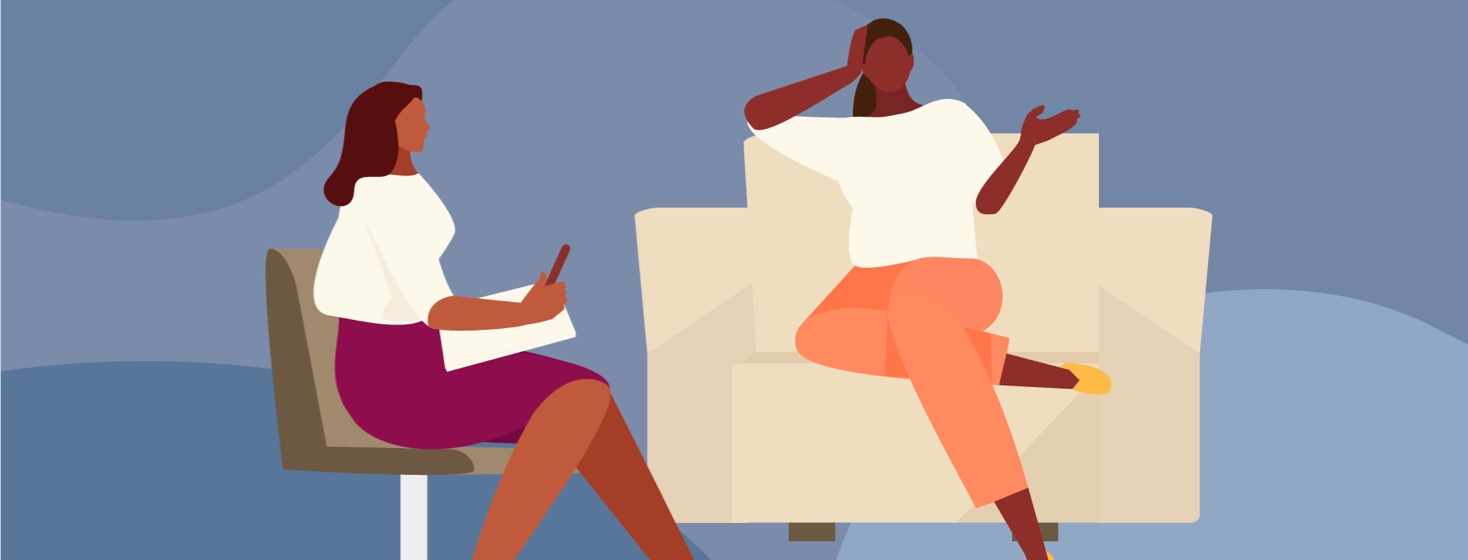Who Is An Oncology Social Worker?
In a sea of doctors, nurses, scans, and lab work, there is another important tool for patients right in their cancer center, the oncology social worker.
Oncology social worker perspective
I decided to interview Lauren Walch, oncology social worker for Piedmont Healthcare in Atlanta, Georgia, to ask her what exactly it is that she does, and what expert advice she has for cancer patients.
What is your specific role at your hospital, and what is a typical day like for you?
For me, I work in an outpatient setting. I work as the outpatient oncology social worker for medical oncology, radiation oncology, and a gynecologic oncologist. I spend most of my days in and out of each office but my home base is my own office. My role is split 50/50. My first half is more “practical” social work. I am helping patients navigate insurance, apply for financial assistance, explore financial grants, find transportation, and lodging. This involves a lot of administrative work, calling, and emailing. I often think of social work as the go-between. I weave in and out of different offices, collecting different bits of information to support my patient the best way I can.
The other half of my day is focused on counseling. I meet with patients either biweekly or monthly for illness adjustment counseling. The counseling I offer focuses on cancer and life with cancer. During counseling, I utilize cognitive-behavioral therapy, solution-focused therapy, and mindfulness. I also enjoy offering grief counseling for patients with late-stage cancer and helping navigate any logistics and questions they need support with.
Newly diagnosed with advanced breast cancer
For newly diagnosed cancer patients just beginning their journey, what advice do you have?
I have a couple! First, reach out to your social worker if one has not called you already. Most oncologists have a social worker. We can connect you to so many resources if you let us. When I talk to a patient over the phone many times they are surprised about what resources their medical institution or community has to offer. You may not need a social worker now, but life happens and it is always great to have someone else in your corner.
Children and cancer
Also, if you have children tell them about your cancer soon. Children are so perceptive and will pick up on things. Always be honest and open. Use the word cancer and not say sick. This is will be challenging to do but it is the right move. There is plenty of research to back this up. For young children, there are great books to use as a guide.
Your oncology social worker can help you with this. There are wonderful camps nationally with day programs, weekend camps, and week-long camps for children whose parents have cancer.
What makes an oncology social worker unique?
What I love about being a social worker is making a stressful situation just a bit better. I know I can’t move mountains or cure cancer but I love when someone tells me they can’t get to treatment and I arrange four weeks of free transportation. Or when I can help a patient with a grant and pay their rent for a month.
Or offer counseling to someone who can’t afford to pay a private therapist. But on a personal level, I love meeting new people. Cancer touches so many people. I meet people from all walks of life. Hearing everyone’s stories of where they have been and where they want to go is inspiring.
There are a lot of resources out there for cancer patients. Are there any in particular that you recommend?
Your oncology social worker will know them all! Give them a call. More generally the American Cancer Society (depending on location and funding) has transportation assistance, wigs, and the Hope Lodge.
I would also call your insurance company to see if you have a transportation benefit. This is great to know if you aren’t feeling well and can’t drive and don’t have a backup. But I really suggest calling your own social worker. The grants I use are all local and from the community.
Additional resources and sources of support
Is there anything you would like to add?
I encourage everyone to reach out to family and friends for support. Having support will make this experience easier. Asking for support can be really hard, I understand that. But if this was your best friend, you would want to help, right? Give people specific tasks. This way you get help with what you actually need and your load will be lighter.
Examples include babysitting during chemo, picking up groceries, getting gas for the car, driving to an appointment, driving children to activities, cooking dinner, mowing the lawn, helping with laundry. Everyone has what they are good at. People feel good about themselves when they help others. Your people will enjoy helping.
To conclude, your oncology social worker is a huge resource to you! If you have not done so already, you may want to consider reaching out to yours, especially if you have unique circumstances that require additional support.
Editor’s Note: We are extremely saddened to share that on Friday, October 29, 2021, Danielle Thurston passed away. We know that Danielle’s voice and perspective continue to reach so many. She will be deeply missed.

Join the conversation